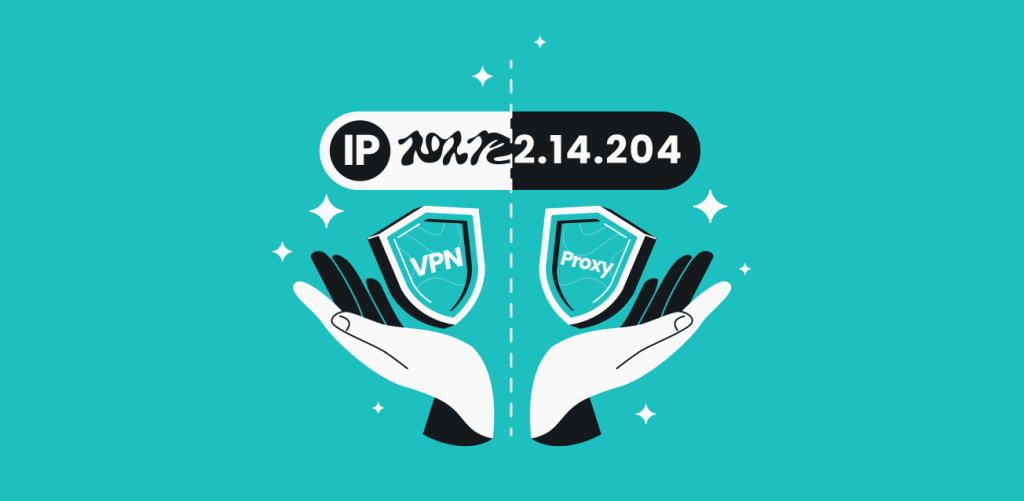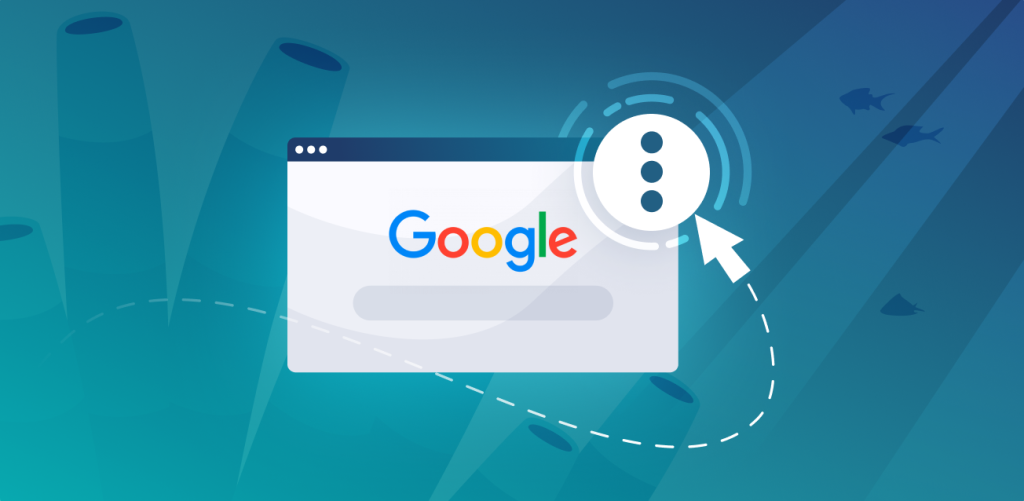
SOCKS5 (Socket Secure) proxies are often mistaken as an alternative or equivalent to virtual private networks (VPNs). They are not. This confusion can lead you to a false sense of security. To untangle this issue, I prepared this article to explain what sort of animal a SOCKS proxy is and what you can do with it.
In short: what is a SOCKS proxy?
A SOCKS proxy is a proxy server that uses the SOCKS protocol to route your data. It’s an additional feature that some VPNs provide. However, unlike a VPN, it does so without encryption. SOCKS5 is just the latest, fastest version of the SOCKS protocol.
Table of content
What is a SOCKS proxy?
SOCKS is an internet protocol offering users greater anonymity than just browsing the web normally. When you connect to a SOCKS proxy, your internet traffic is routed through a third-party server using Transmission Control Protocol (TCP). This gives you a new IP (Internet Protocol) address for the duration of SOCKS use; changing your IP address means that web hosts (read: websites and services) can’t pin down your true physical location.
What is SOCKS5?
SOCKS5 is the most up-to-date version of the SOCKS proxy protocol. SOCKS5 proxies are no longer plagued by issues present in SOCKS4, the original widely adopted version. It offers three authentication methods and supports the UDP protocol (which is faster but less reliable than a TCP connection).
How to set up SOCKS5
First of all, you need a SOCKS proxy server that will function as your proxy. You may create one yourself or purchase a premium proxy server. Some “free” options are out there, but they might not be as secure as the other two options.
Once you have that server, let’s configure SOCKS5 on your device. Here’s how to do that:
Windows: | macOS: |
|---|---|
|
|
How does a SOCKS proxy work?
SOCKS5 proxies are more wide-reaching than traditional HTTP proxies. The former can cover the entire device’s data transmissions, while the latter can only work for a single website.
On the other hand, while SOCKS offers a few authentication methods (so your device can be sure it’s connecting to what you want it to connect to), it does not provide encryption. Anyone sitting between you and the proxy server (your ISP or a hacker who compromised your favorite public Wi-Fi hotspot) can read your data.
Do I need a SOCKS proxy?
SOCKS5 proxies are ideal for scenarios that require bypassing regional filters or firewalls… and that’s it. You may need to look elsewhere if you want to encrypt your data so that nobody can read it. Implementing a SOCKS protocol alone does not guarantee your privacy and will not keep you safe from government surveillance or attacks on public Wi-Fi.
Disclaimer: Please note that using Surfshark services for any illegal activities is strictly forbidden and violates our Terms of Service. Make sure that any use of Surfshark services for your particular activities conforms to all relevant laws and regulations, including those of any service providers and websites you access using Surfshark.
How safe are SOCKS proxies?
SOCKS proxies are safe if you’re using the premium versions — just like VPNs! Certain proxy companies have been known to log user data — but that is a problem with free proxies. If you use a premium SOCKS proxy provider, this will not be an issue. Your information will remain safe and secure, so you can go about your business worry-free.
What are the benefits of SOCKS proxies?
SOCKS5 proxies can be pretty great for a few reasons:
Overcoming network firewalls
Network firewalls block connections based on IP addresses. So, if you want to visit Instagram and, say, your employer has blocked Instagram’s IP, the firewall won’t let you do it. But when you’re connected to a proxy, the firewall only sees you trying to connect to the proxy’s IP and allows it through.
Hiding your IP address online
Typically, when you connect to a web host (service or website), it records your IP address. But what if you don’t want to hand out the digital equivalent of your home address online willy-nilly? Then you can use a proxy, as connecting via a proxy essentially replaces your IP with the proxy’s.
Changing your geographic location online
An IP address can be geolocated to a country or even a city. This may lead to some services blocking you due to where you are connecting from. But, with a proxy, the services will only see the proxy’s IP and location. So as long as the proxy is in the right place, you can access stuff you couldn’t otherwise.
Hiding the websites you go to from your ISP (Internet Service Provider)
Your internet provider can see what websites you’re connecting to. But if you use a proxy, they can only know that you’re connected to it and nothing more. So they can’t snoop on you.
Shielding yourself when VPN is not an option
Say you have a proxy server set up somewhere. If you have to use a device that doesn’t allow installing apps (like a VPN app), you can just connect to the proxy server if you can fiddle with the connection settings.
What is the difference between a SOCKS proxy and an HTTP proxy?
In short, HTTP proxies only handle HTTP requests — they only work when accessing websites. A SOCKS proxy routes data from any website or app, making it a versatile choice.
SOCKS Proxy | VPN | |
|---|---|---|
Concealing your IP | ||
Routing website data | ||
Routing app data |
SOCKS vs. VPNs: what’s the difference?
The difference is that SOCKS proxies aren’t as secure as VPNs. But since both mask your IP address from prying eyes, most everyday users would think they are virtually the same. But that’s not quite the case as a VPN secures your network traffic a lot more:
SOCKS Proxy | VPN | |
|---|---|---|
Concealing your IP | ||
Encrypting traffic | ||
Hiding download activity from ISP |
In conclusion: get the right tool for the right task
SOCKS proxies are an excellent choice for those looking to add another layer of safety to their browsing habits. But, overall, VPNs are the clear choice for keeping your dealings online private and providing access to the content you crave. And while nothing is stopping you from using both technologies simultaneously, the benefits are largely marginal. So why not just go with a VPN?
FAQ
What does SOCKS stand for in “SOCKS5 proxy”?
SOCKS stands for “Socket Secure,” and it’s a type of proxy protocol.
Are proxy and SOCKS the same?
SOCKS is a specific proxy protocol while “proxy” is an umbrella term for technologies that use an intermediary server to route data.
Are SOCKS5 proxies free?
A proxy isn’t free unless you set it up yourself. Any that you find online that claim to be free are immediately suspicious as they have to upkeep the proxy somehow — and this may involve selling data on your browsing habits.
Do I need SOCKS if I have a VPN?
You don’t need a SOCKS proxy if you have a VPN. A VPN already does everything SOCKS does and more.
Can I get a SOCKS5 proxy for free?
You can technically get a SOCKS5 proxy for free, but it is practically very unsafe. Proxies, like VPNs, require money to maintain. There’s a physical infrastructure that has to be maintained — the proxy servers themselves, for one. Then you have to factor in other upkeep and labor costs.
So the only way to get a SOCKS5 proxy for free and safely is to make one yourself.
Is a SOCKS proxy secure?
SOCKS proxies are safe if you use the premium version.
However, if you’re looking for maximum security, SOCKS proxies won’t encrypt your data like a VPN. So make sure to choose the right tool.
How do I get a SOCKS5 proxy?
You can find the SOCKS5 proxy by looking online. Research all available providers and get the one that fits your needs. Just steer clear of free offers.
What is the SOCKS5 proxy port?
SOCKS5 proxy uses the TCP port 1080.




